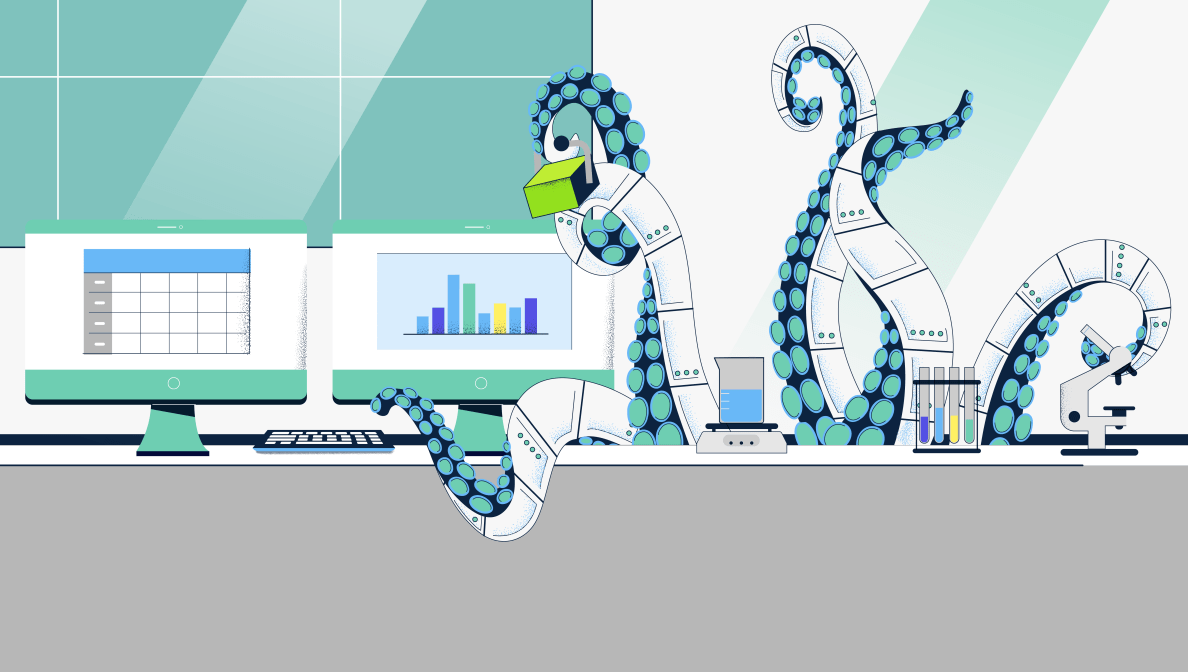Our researchers incorporate LLMs to accelerate drug discovery and development
What are artificial intelligence (AI) agents? They're intelligent systems combining large language models (LLM), AI models and tools to iteratively plan, execute and optimize tasks
February 4, 2025

Did you know that LLMs can be leveraged as master multitaskers? These LLM-based multitaskers, often called AI agents, can execute different tasks simultaneously. Having a team of high-performing AI assistants that can each play different roles ultimately helps researchers at MSD Research Labs (MRL) focus on critical drug discovery and development.
In today’s data-driven world, AI agents are emerging as a powerful tool for researchers and scientists to aid them in navigating the complexities of large data sets, refining hypotheses and executing both repetitive and differentiated tasks efficiently. Done manually, that kind of data gathering and analysis costs time and money.
MSD researchers use AI to augment human ability
A long-standing ambition for AI is to help find major scientific discoveries, learn on its own and acquire knowledge autonomously. This is what some call an “AI scientist.” While this concept is aspirational, advances in agent-based AI can help pave the way for the development of AI agents as conversable systems capable of reflective learning and reasoning that coordinate LLMs, machine learning (ML) tools, or even combinations of them.
Rather than taking humans out of the discovery process, AI can augment human ability to break down a problem into manageable subtasks, which can then be addressed by AI agents with specialized functions for targeted problem solving and integration of scientific knowledge. One significant advantage of these collaborative systems is their capacity for automation. Repetitive tasks, such as data cleaning or preliminary analysis, can be handled by AI agents, freeing our scientists to focus on higher level work and strategic decision making.
“We’ve already deployed AI agents, including in development workflows like medical writing, where agents query and assemble knowledge, and evaluate both human and AI writing.”
- Matt Studney
Senior vice president, information technology, MRL

“We see broad applicability of AI agents, for example in orchestrating discovery workflows, where agents can help researchers in generating molecular design ideas and insights, optimize assay workflows and generate biology insights integrated across cells, organisms and human genomics,” he said. “We see agents making the R&D process faster and crucially driving higher quality results. Agents help capitalize on MSD’s long-standing investments in AI/ML by rapidly accelerating the speed of our human researchers at scale.”

Advance your data science career with us
We’re looking for scientists and technologists who are passionate about making a difference for patients.


